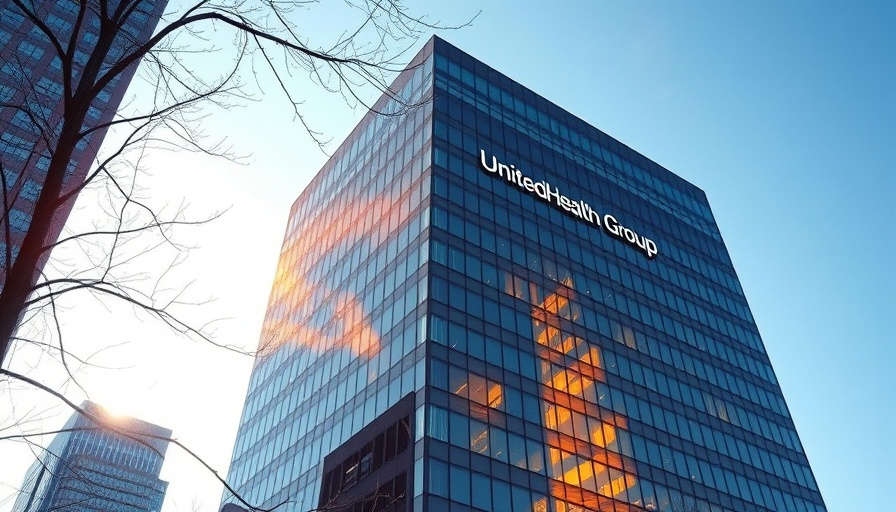
UnitedHealth's Major Merger Faces Legal Hurdles
UnitedHealth's impending merger with Amedisys, a significant player in home health and hospice services, is set to enter mediation following the opposition from the Department of Justice (DOJ) over concerns regarding its potential impact on competition in the healthcare sector. This merger, originally valued at $3.3 billion, has stirred both interest and apprehension among stakeholders across the healthcare industry.
Why the DOJ is Concerned
The DOJ's objections stem from fears that the merger would consolidate too much market power in the hands of UnitedHealth, which, coupled with its prior acquisition of LHC Group, potentially gives it control over over 30% of the home health and hospice markets in several states. The DOJ argues this concentration could lead to higher prices and reduced service options for consumers, particularly in key states like Maryland, Illinois, New Jersey, and New York.
What is at Stake for Consumers?
If UnitedHealth's acquisition goes through, it may affect the quality and cost of care that consumers receive. Patients and chronic disease patients, in particular, could see their choices limited as competition in the market diminishes. Amedisys, already a key player in the home health space, would be eliminated as a rival, possibly leading to increased care costs and fewer services available. The DOJ's concerns underscore the delicate balance between corporate expansion and consumer welfare.
The Path to Resolution
In efforts to quell regulatory anxieties, UnitedHealth and Amedisys have suggested measures to divest certain business segments, including the sale of over 120 facilities, aiming to demonstrate their commitment to maintaining competition in the marketplace. Yet, the DOJ's severe reservations hint that these proposals might not suffice to alleviate their concerns.
Future Implications for Healthcare
The result of this mediation could set a significant precedent for how healthcare mergers are evaluated in the future. With the DOJ also actively investigating UnitedHealth's pharmacy benefit management arm, Optum, for potential antitrust violations, the focus is squarely on whether large healthcare conglomerates can balance efficient service provision with fair competition.
The outcome of this mediation will not only impact UnitedHealth and Amedisys but also signal how regulators might approach similar mergers moving forward. Consumers who are passionate about health access and affordability have a vested interest in monitoring this case closely, as it embodies broader trends of consolidation in the healthcare industry.
 Add Row
Add Row  Add
Add 




 Add Row
Add Row  Add
Add 



Write A Comment